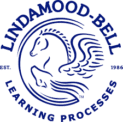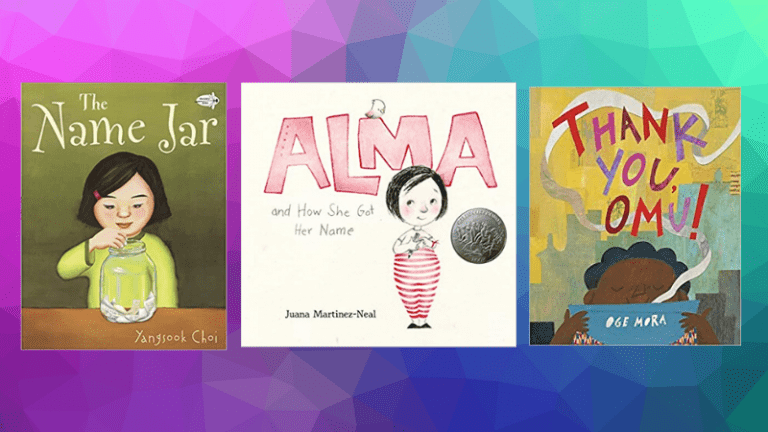Reluctant readers—we’ve all had them. Those students who wander around the room during silent reading time, browse half-heartedly in the library, complain about reading groups and abandon one book after another because each one, it turns out, is “boring.” What to do with students who say “I hate reading?”
We asked the awesome educators in our WeAreTeachers Helpline group to share some tips:
1. The Right Book Makes All the Difference.
“I just tell them they haven’t found the right book yet. Then we go on a hunt. It might be a year-long hunt, but I help that student find their ‘hook’ book.” —Anika V.
“I’m a librarian and I tell students that they should find books that they ‘want’ to read, not what they think they ‘should’ read.” —Kristy S.
“Books students choose HAVE to be about topics they are interested in. Gauge that first, and then select your reading. It’s okay for students to be reading different things. Make it more of an individual reading plan vs. everyone reads the same thing. That’s how we lose kids with reading.” —Chris F.
“I ask them what they like to watch on TV. Then I look for books that have similar themes and characters.” —Amy Y.
2. Use Everything You’ve Got.
“Magazines with high-interest, short articles may help because they have lots of pictures. Graphic novels are also good. Audiobooks are a great choice.” —Bailey S.
“Hand them a recipe, comic book, play, box of cereal with games on the back, a kid’s menu, anything with words! Then once they’ve found their ‘thing,’ show them that it’s reading.” —Megan B.
“Old school…Choose Your Own Adventure books…they rock! My students are in love with them.” —Erin G.
3. Recognize and Validate Their Challenges.
“As a moderate needs Special Ed teacher, I really believe you need to acknowledge the struggle. Too often, adults shrug this off, which makes children feel even worse.” —Diana M.
“Be sensitive to their feelings. I have heard from struggling readers and their parents many stories of being made to read aloud in class and feeling deeply embarrassed and humiliated. Just yesterday, a mom told me that happened to her child in 1st grade and now, as a 7th grader, her child still hates reading.” —Kristy B.
4. Teach Each Reading Skill Carefully and Explicitly.
“Make sure your small group reading instruction is skill-targeted. Identify the real reading level of every student you have and make sure they have access to the books they need.” —Diana M.
“Reluctant readers are often struggling readers, so it’s important to know what is really going on with your students. Is it a comprehension issue? Can he or she read the words, but not quite pull it all together? Is it a decoding issue (sound, letter and word recognition)? Know where your students’ deficits are so that you can address them directly.” —Mary M.
“Instead of focusing on content instruction, focus on processing skills: word attack, sight-word recognition, contextual fluency, oral vocabulary and comprehension.” —Lindamood-Bell.
5. Model the joy of reading.
“Reading is one of the greatest pleasures in life! I share my love of reading with enthusiasm and exuberance and find that my attitude sets the tone for my whole room with good feelings about reading. For my kids, reading is a treat and the best part of the day.” —Stephanie I.
“Encourage parents to embrace reading with their children. Provide them with research that substantiates the benefits (emotional as well as academic) of reading on a regular basis with their kids. Make it a fun time to get lost in a story together, to ask questions and wonder.” —Emily J.
“In my classroom we have weekly book talks where students can share a book that they are loving with the class. The kids love it! They get so excited as they share details about the characters and the story. I don’t have to do the work—they get each other excited about reading! I’ve found my students are more likely to read a book that is recommended by a friend than by any other source.” —Carrie P.
Thanks to Lindamood-Bell for sponsoring this article. For more on this topic, check out “I Hate Reading!: Tips for Helping Your (Very) Reluctant Reader.”



